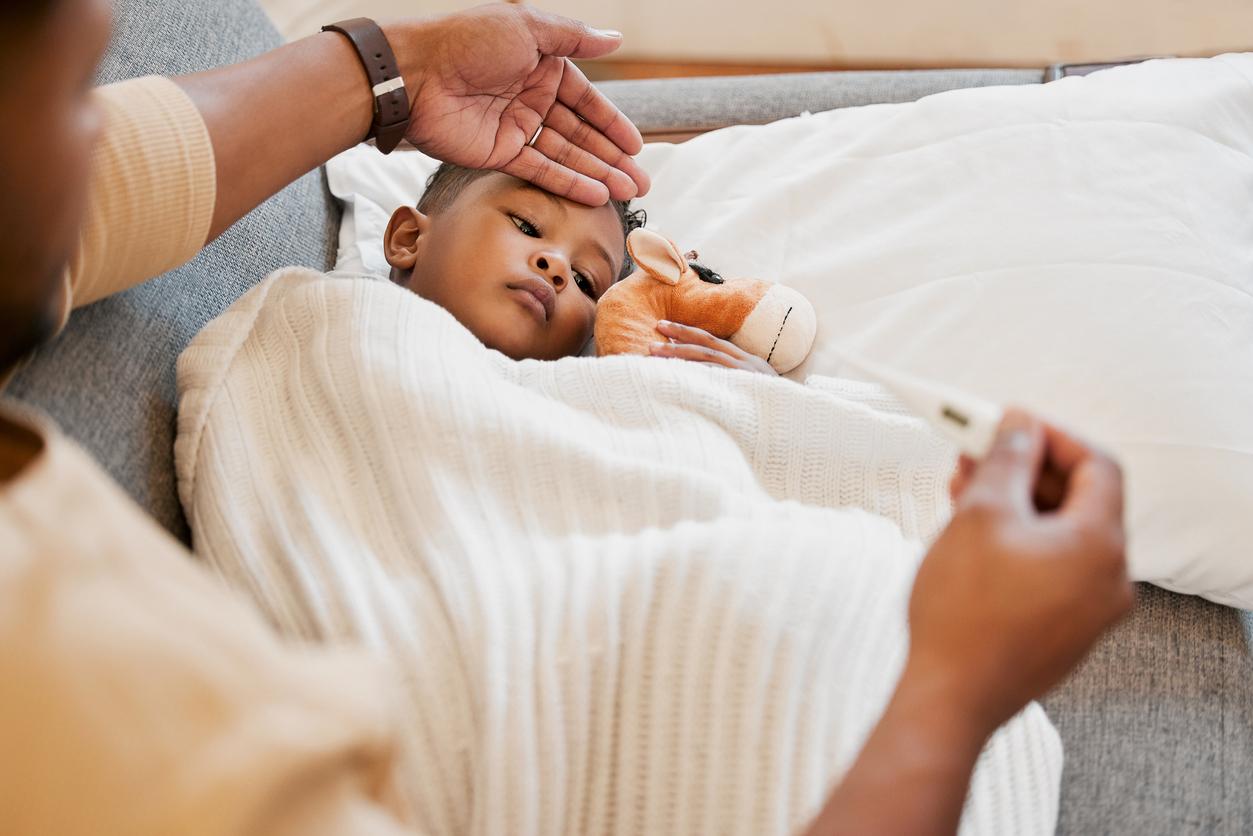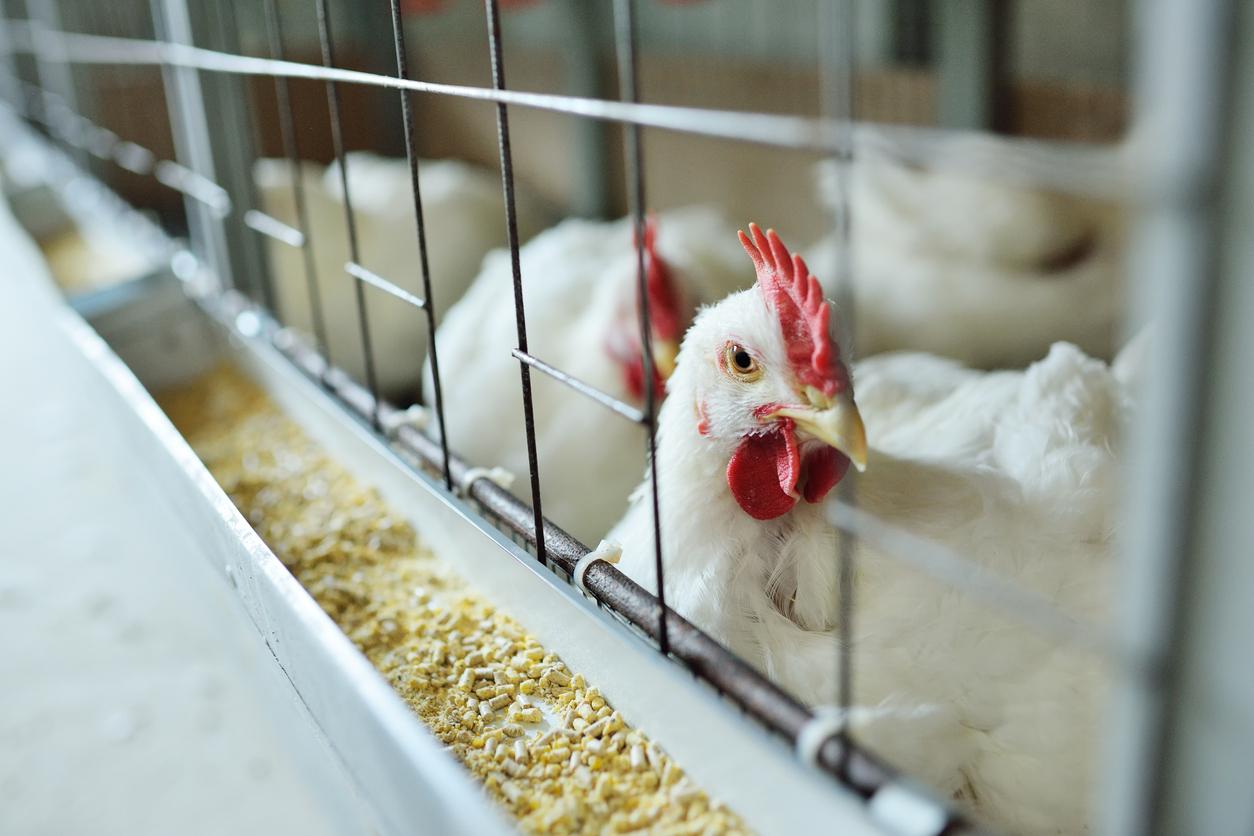
That’s how you stay upright
When someone close to you gets cancer, your life is turned upside down. What help is there for loved ones and how do you take good care of yourself? Judith Kunst and Corine Rijpkema of the Antoni van Leeuwenhoek hospital specialized in cancer tell us how they support loved ones during this difficult period.
“There is an earthquake in your life the moment someone close to you gets cancer,” says Judith Kunst, medical social worker at the Antoni van Leeuwenhoek (AVL) in Amsterdam. “Your daily life often revolves around treating the sick person. The life you had together isn’t the same anymore. Although as a loved one you often want to do everything for the sick person, it is just as important to take good care of yourself. Sometimes you could use some help with that.” Art is associated with the Center for Quality of Life, part of the AVL. This center supports people with cancer and their loved ones during the period of illness and afterwards. “We offer support in all kinds of areas: from psychological help and physiotherapy to creative therapy and nutritional advice.”
Take time for yourself
“At the AVL, we believe that caring for our neighbors is very important. It is of course crucial for the patient that the next of kin remains upright. People who are sick sometimes worry about the people around them. Will they still survive? You help the sick person by taking good care of yourself. But as a loved one, you also have a lot to deal with yourself; it’s important to pay attention to that. Take time for yourself every now and then. Go for a workout or meet up with a good friend. Clearing your heart can help enormously. Talking to a professional is also often a good support, especially if you notice that it is too much. If you’re always tired, have a short fuse, or have trouble concentrating, it’s time to get help. Talking to someone helps you process and deal with the new situation. Some hospitals, such as the AVL, also provide psychological care for relatives. But help can also be found in many other places.”
You don’t have to swallow everything
“People often think that as a neighbor you should always be kind and do good. That is a huge stress factor for many loved ones. The disease puts you under a lot of pressure. It is therefore very normal if you get out of your mind or argue. As a neighbor you are also tired and tense. Don’t feel guilty about that; it’s the cancer’s fault. You also don’t have to swallow everything from someone who is sick. The main thing is to discuss things with each other. Stay connected. A while ago a couple came to me for an interview, the man was very ill and withdrew further and further. He was blunt and grumpy. His wife wouldn’t say anything because he was already having such a hard time. But that made her feel very alone. During our conversation, the man said that he was afraid to really make contact with his wife, because he was going to die. If they were having a good time, she’d miss him even more later on. In such a moment it helps to put words to your feelings. Share what’s happening to you. Sometimes it rubs and you have to find each other again.”
Look for a new balance together
Cancer can also change your intimate life considerably. Kunst: “I sometimes hear it said that everyone is at one end of the bed. Sometimes relatives no longer dare to touch the partner. They keep off contact because they are afraid they will hurt the other person. As a neighbor you can feel very lonely. Even then it is important to keep talking to each other. It is often a search for a new balance. The relationship between them changes as a result of the disease. As a loved one, it is important that you do not just take on the role of caregiver. Mothering (or ‘fathering’) too much is not good for your relationship and too much care can be irritating.”
Dare to ask for help
Corine Rijpkema is an occupational therapist at the Center for Quality of Life and guides people who are ill and their loved ones during the rehabilitation period. She says: “I discuss with people how they can best distribute their energy during a day and think along about how you can pick up daily things again. The division of roles at home is therefore often discussed. Who makes the beds, who does the shopping and who usually walks the dog? When someone is ill or in rehab, things in the house don’t go the way they used to. Think about what you must, can and want to do in a day. As a neighbor you cannot always take over everything. Especially if you are still working, it can quickly become a lot. Many relatives find it difficult to ask for help. You are not the patient. You don’t want to draw attention to yourself. Often people are reluctant to ask the environment for help. They don’t want to be a burden to anyone or they quickly think that something is too much to ask. But often that is not the case. Trust that the person you ask for help will tell you if it doesn’t work.”
After the illness
Rijpkema: “During or just after treatment it is often easier to ask for help, but if someone is ill for a longer period of time, it often becomes more difficult. Be open and specific about what you still need help with. For people in your environment it is nice to be able to mean something in a difficult time. Sometimes you don’t realize what has happened until someone is well again. The patient survived – but you’re not there yet. You can also ask for help as a relative. Talk to a close friend or professional and share how you’re really doing. Your life is no longer the same as it was before the disease. Sometimes the person who is ill can really have a different outlook on life. Someone may want to take a different direction in life or work a lot less. This can also have a major impact on the life of the loved one. It is important to keep in touch with each other and to seek support if necessary.”
Here you can go for help
Inquire at the hospital where your loved one is being treated. Many hospitals provide psychosocial support for patients and their families.
These institutions provide psychological help:
- In the Amsterdam region you can go to the Ingeborg Douwes Center†
- The Helen Dowling Institute in Utrecht, Bilthoven, Arnhem and Nijmegen provides support to people with cancer and their loved ones.
- Being all over the Netherlands so-called IPSO centers where you can get professional support as a relative.
- Walking the dog. Through OOPOEH . Foundation seniors across the country are letting the dog of someone who is no longer able to do so.
- In the podcast series Cancer you do not only get to tell relatives how you deal with everything that comes with cancer.
- It Center for Quality of Life of the AVL offers a lot of information for relatives. You can also read many experience stories on the website.
This article previously appeared in Plus Magazine May 2022. Want to subscribe to the magazine? You can do that in an instant!
Sources):
- Plus Magazine

















